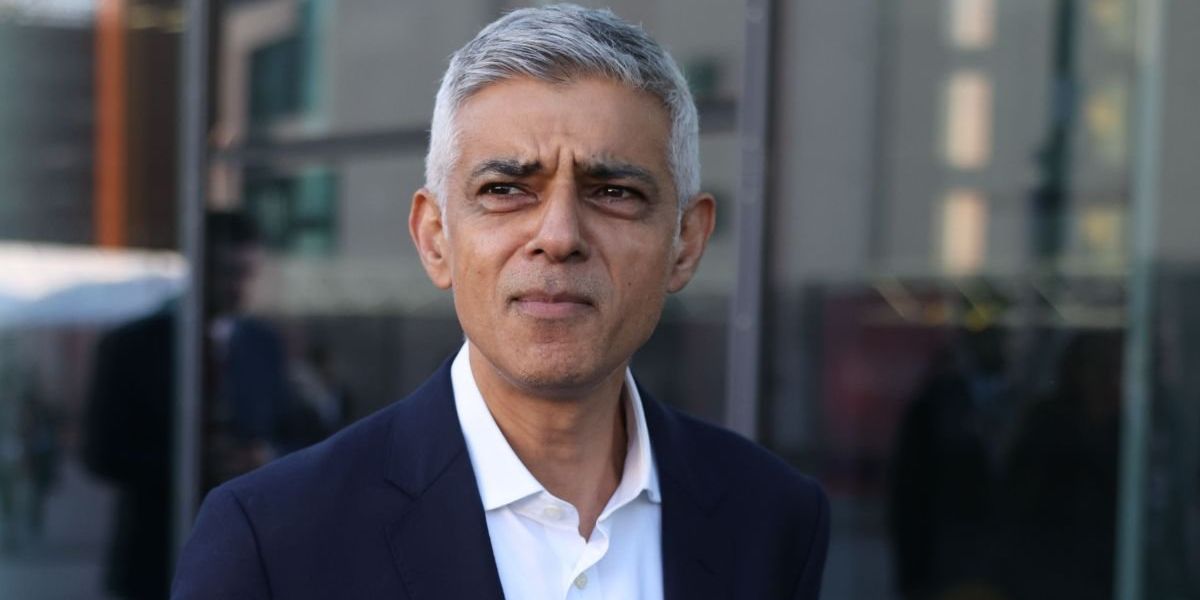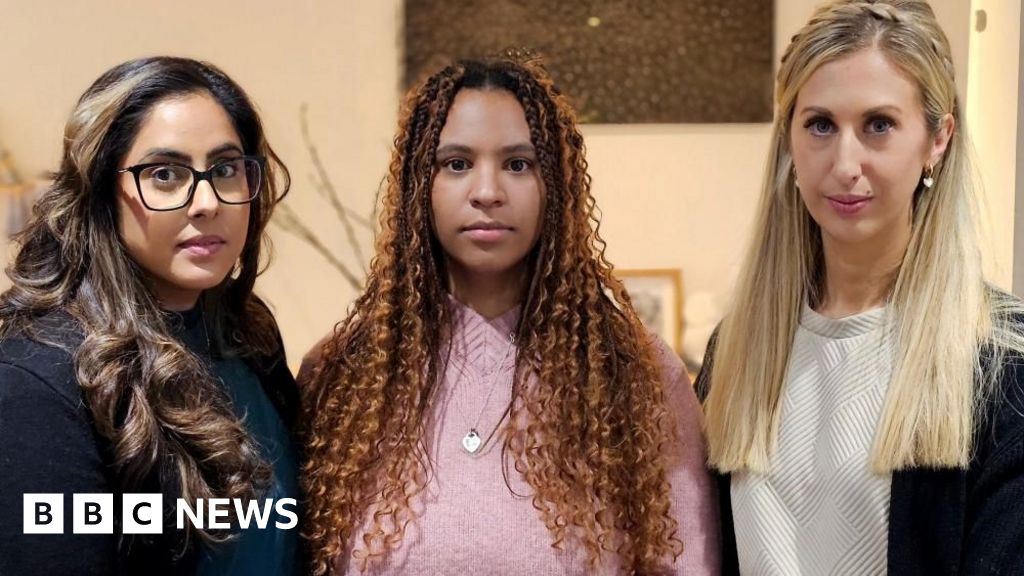Watchdog Orders Misconduct Proceedings Against Officer Cleared in Chris Kaba Case

The Independent Office for Police Conduct (IOPC) has announced that Metropolitan Police officer Martyn Blake, who was acquitted of murder in the shooting of Chris Kaba, will now face gross misconduct proceedings. The decision comes after a thorough review of the incident that occurred in September 2022, where Blake shot Kaba, an unarmed 24-year-old, during a police operation in Streatham, south-east London.
The case has drawn significant public attention, particularly from Black communities and the wider policing community, highlighting concerns over police use of force and accountability. The IOPC's decision to proceed with a misconduct hearing is based on the evidence reviewed and the legal thresholds that govern such cases, despite Blake's acquittal in a criminal court. The watchdog emphasized the need to follow the legal process as it stands, acknowledging the ongoing review by the Home Office into the legal test for the use of force in misconduct cases.
During the incident, Kaba was attempting to maneuver his vehicle away from police cars that had surrounded him. Blake, who was inside a marked police BMW at the time, fired a single shot that fatally struck Kaba in the head. The officer testified that he acted out of fear for his colleagues' lives, a claim that led to his acquittal by a jury that deliberated for just sixteen minutes.
The upcoming misconduct hearing will determine whether Blake's actions amounted to gross misconduct, which could result in his dismissal from the force. The IOPC has stated that the decision to pursue the hearing was made after considering all evidence and the views of all parties involved, underscoring the complexity and sensitivity of cases involving police use of lethal force.




